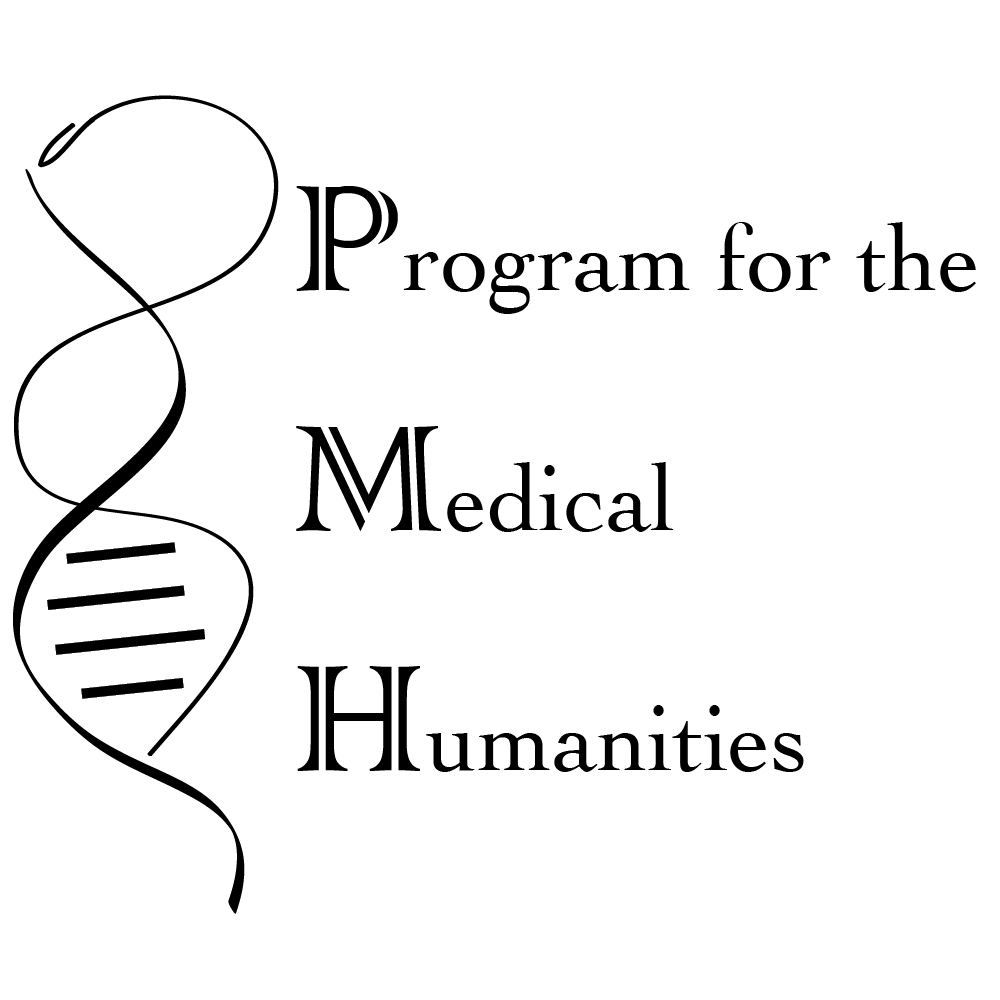The March 2011 nuclear reactor accidents at the Fukushima, Japan nuclear reactor complex triggered a scrutinous public discussion about nuclear technology on an unprecedented scale much more so than from the accident at Chernobyl or Three Mile Island. As part of this, in early August 2011, the Department of Nuclear Engineering at the University of California-Berkeley (UCBNE) hosted the 2011 Advanced Summer School of Nuclear Engineering and Management with Social-Scientific Literacy: Reflections on the Fukushima Nuclear Accident and Beyond (PAGES 2011). This unique program, in its third year, featured world leaders in nuclear engineering, social science, and history. The student body was comprised of postdoctorate researchers and graduate students.
One of the most important questions unanimously raised during this week by the students focused on the professional identity of the nuclear engineer in the post-Fukushima society. Students had difficulty with this, in terms of a real examination of themselves as nuclear engineers and future leaders in the field. This was primarily due to the increasingly complex relationship of nuclear technology with the contemporary society. The Fukushima accidents resulted in the students coming to realizing this tangibly really for the first time. To this end, this essay will discuss the identity of the nuclear engineer. Specifically, this is directed to what will be termed the ‘third generation’ engineer; i.e., the student body at PAGES 2011. In the upcoming decades, it is this ‘third generation’ that will lead and shape perspectives on nuclear technology and develop new relationships with the society. This essay is intended to pose questions for the nuclear engineer to consider as part of their own, professional self-assessment. This is consistent with the mission and objectives at PAGES 2011. This essay draws primarily from the experiences at PAGES 2011 in an effort to direct meaningful discussions about the need to consider the identity of this third generation nuclear engineer in the post-Fukushima society.







